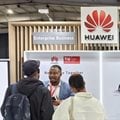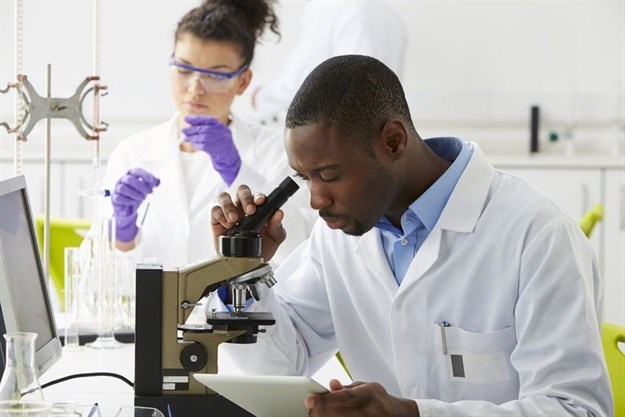





There is a huge opportunity for developing and articulating African perspectives on knowledge and science, and articulating them on the global scene, as well as locally.
Epistemology is the philosophical study of knowledge — what it is, how we get it, and how we can be sure that we have it. The philosophy of science is the study of what science is, how it works, and how it interacts with wider society.
These two fields are of huge importance globally, as we see the enormous power of scientific knowledge and technological advance, and at the same time witness its limitations. Improved ipads will not solve all the world’s problems, and certainly not all the problems of the region where ACEPS is located. Critical thinking about the nature of knowledge, including scientific knowledge, is essential for putting knowledge and technology to use for the benefit of all.
Knowledge and power are linked in many ways. Knowledge can give people power, but power can also enable the people who have it to decide what research is done, and even, to some extent, to enforce their ideas and interest on what gets accepted as true or false. The colonial history of many parts of the world has often resulted in the neglect, ridicule or suppression of ideas.
To decolonise knowledge is to critically reflect on those ideas that are embodied in accepted canons and curricula, and bringing them into conversation with ideas and knowledge traditions that have been excluded from those canons.
The goal is to detect the influence of these historical power relations, so as to correct them in the interests of an inquiry that is more objective, fairer, and more locally relevant.

Medicine and Health in Africa investigates the way that medicine and health are understood in an African context. We are planning a conference for 2018 titled Decolonising Medicine, which will consider the way that local and other medical traditions interact, and how they should interact in the future, as well as issues concerning the transportability of epidemiological findings.
Indigenous Knowledge Systems aims to give voice to indigenous knowledge systems in South Africa and neighbouring regions, and to subject them to the same degree of critical scholarly attention as the Western canon. The Centre is putting together a “Portal” in the form of an online database of recordings in audio and/or audiovisual form, embedded within a wiki-driven database of tags, translations and commentary. The Portal will amount to a distributed scholarship exercise in itself and will also provide a foundation for future IKS research in South Africa and, ultimately, further afield too.
Knowledge and Amandla studies the relationship between knowledge and power, with a particular focus on the idea of epistemic justice. We have a conference planned for August 2017 titled Responsibility, Knowledge and Power.
As for other research centres, the primary aim of ACEPS is to develop new knowledge, which is then incorportad into future curricula. However, ACEPS does take responsibility for portions of the Philosophy curriculum, and contributes to courses such as African Philosophy, Philosophy of Science, and several others.
In addition, ACEPS will also be hosting a series of workshops and conferences that will showcase the work of our members, and will include work that students contribute to these projects. ACEPS will also be developing short learning programmes on key themes, that will be available to both students and non-students.